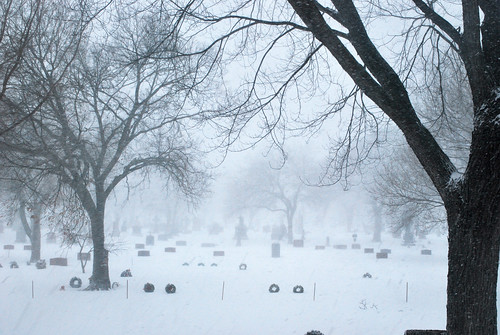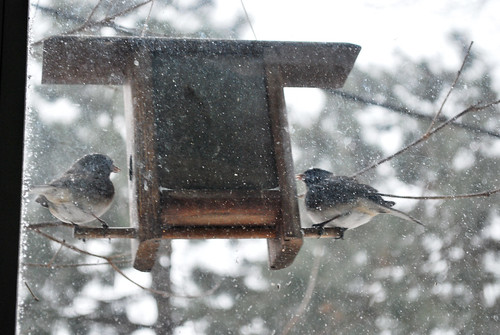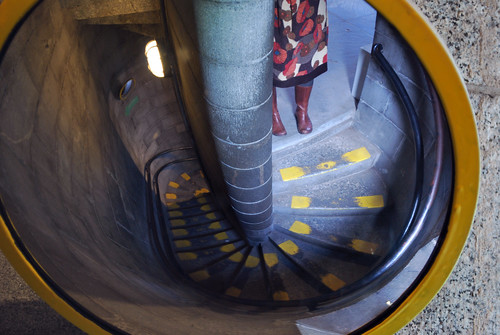All of which got me wondering: What must it have been like to be Westlake's agent? You'd know you were going to get a manuscript to sell every nine months or so, and you'd know that it would never be less than a well-crafted piece of work . . . but that's about it. You'd hope, one assumes, for a Dortmunder novel or a Parker novel, but instead you might get, say, a Dortmunder novella, two novellas related to the film industry assembled into a single book, or a satire of the publishing industry. And those are just the ones I happened to read this week!
In the last of those, A Likely Story (1984), Westlake writes:
Publishing is the only industry I can think of where most of the employees spend most of their time stating with great self-assurance that they don't know how to do their jobs. "I don't know how to sell this," they complain, frowning as though it's your fault. "I don't know how to package this. I don't know what the market is for this book. I don't know how we're going to draw attention to this."The Westlake name, of course, is the answer, but even so I would have some sympathy for the agent who had to pitch, say, Adios, Scheherazade. "Well, see, there's this guy who's been writing whack books, and it starts to get to him. Crime? No, there's no crime in it . . . unless you count the crimes against language the guy feels like he's been committing."
Though I had fun reading A Likely Story, it definitely qualifies as lesser Westlake. Since I work in publishing, I enjoyed the satire, but it's far from his funniest or most inventive work, and while the surrounding story--of an author's troubles with his estranged wife, his girlfriend and her sometimes-live-in husband, and the author's editor (with whom he's sleeping)--is entertaining and well-plotted, it's ultimately forgettable.
The best parts of the book are the light-hearted pokes Westlake takes at popular authors of the day (some of whom were his friends). The author in the novel is assembling an anthology of original Christmas stories, and he send solicitations to all and sundry. Stephen King replies with "a long enthusiastic sloppy letter" that's mostly suggestions of other things that could go in the book. Truman Capote and Norman Mailer both send works of reportage about Christmas as seen from Death Row; on learning this, each author demands to see the other's work, then pronounces it excellent--and both go into the book. Andy Rooney supplies a piece on how when he was a kid they didn't have all these different kinds of batteries, John Irving tries to repurpose another story (about a bear who has his eyes put out by feminists) by setting it on Christmas Eve, and from Jimmy Carter,
I got permission to do the book, I think. I'm not sure what his letter was, some sort of proclamation about the good and worthy work I was undertaking.Then there's Isaac Asimov, who contributes a piece on the aerodynamics of Santa's sleigh. And, once that's been accepted, sends another, this time on the use and meanings of gold, frankincense, and myrrh. And then one on the scope of Mrs. Claus's duties at the North Pole. And then one on the etymology of the name "Santa Claus." "I think the man is trying to drive me crazy," Diskant writes.
Which just brings me full circle: Good god, what must it have been like to be Asimov's agent?!












